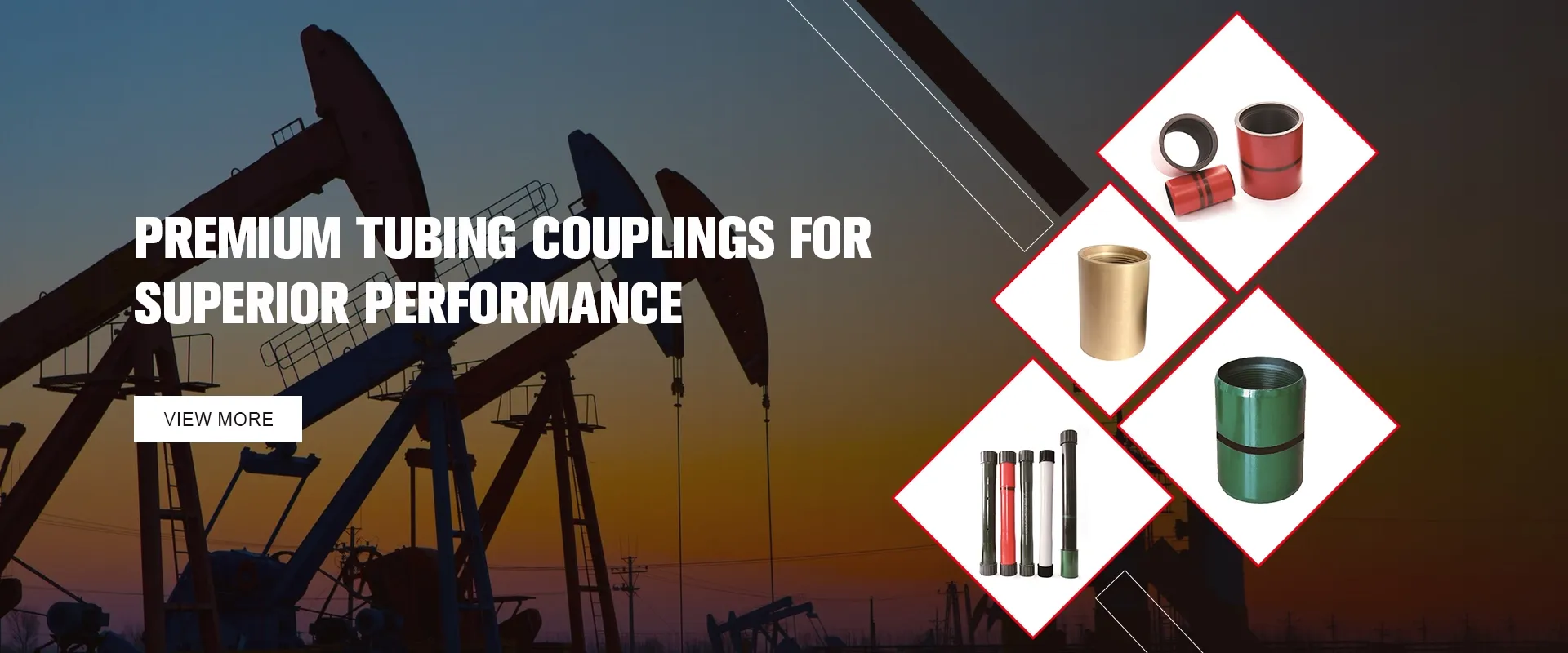- Afrikaans
- Albanian
- Amharic
- Arabic
- Armenian
- Azerbaijani
- Basque
- Belarusian
- Bengali
- Bosnian
- Bulgarian
- Catalan
- Cebuano
- Corsican
- Croatian
- Czech
- Danish
- Dutch
- English
- Esperanto
- Estonian
- Finnish
- French
- Frisian
- Galician
- Georgian
- German
- Greek
- Gujarati
- Haitian Creole
- hausa
- hawaiian
- Hebrew
- Hindi
- Miao
- Hungarian
- Icelandic
- igbo
- Indonesian
- irish
- Italian
- Japanese
- Javanese
- Kannada
- kazakh
- Khmer
- Rwandese
- Korean
- Kurdish
- Kyrgyz
- Lao
- Latin
- Latvian
- Lithuanian
- Luxembourgish
- Macedonian
- Malgashi
- Malay
- Malayalam
- Maltese
- Maori
- Marathi
- Mongolian
- Myanmar
- Nepali
- Norwegian
- Norwegian
- Occitan
- Pashto
- Persian
- Polish
- Portuguese
- Punjabi
- Romanian
- Russian
- Samoan
- Scottish Gaelic
- Serbian
- Sesotho
- Shona
- Sindhi
- Sinhala
- Slovak
- Slovenian
- Somali
- Spanish
- Sundanese
- Swahili
- Swedish
- Tagalog
- Tajik
- Tamil
- Tatar
- Telugu
- Thai
- Turkish
- Turkmen
- Ukrainian
- Urdu
- Uighur
- Uzbek
- Vietnamese
- Welsh
- Bantu
- Yiddish
- Yoruba
- Zulu
finished casing coupling
Understanding Finished Casing Couplings in Oil and Gas Operations
In the oil and gas industry, the integrity and reliability of the wellbore are critical to successful drilling and production operations. One essential component of the wellbore architecture is the casing, which is essentially a series of pipes that provide structural integrity to the well. Among the various components of casing systems are the finished casing couplings, which play a vital role in connecting individual casing strings together. In this article, we will delve into the significance, design, and production of finished casing couplings, as well as their impact on well performance.
What Are Finished Casing Couplings?
Finished casing couplings are special connectors that join sections of casing pipe in order to create a continuous length of casing within the wellbore. These couplings are specifically designed to withstand the harsh conditions of the subsurface environment, including extreme pressures and temperatures, as well as corrosive fluids. They are typically made from high-grade steels that are capable of maintaining their structural integrity under these demanding conditions.
Finished casing couplings vary in size, weight, and strength based on the specific requirements of different drilling applications. The dimensions of these couplings are standardized to ensure compatibility with a range of casing sizes, allowing for greater flexibility in well design.
The Importance of Casing Couplings
The role of finished casing couplings in the drilling process cannot be overstated. These couplings ensure that the casing strings are securely attached, preventing the possibility of failure during operations. A failure in the casing system can lead to catastrophic consequences, such as the collapse of the wellbore or fluid leakage into surrounding formations, which can result in environmental hazards and costly remediation efforts.
Additionally, proper use of casing couplings helps to ensure that the well is isolated from other formations. This isolation is critical for preventing cross-flow of fluids between different layers of rock, which can lead to contamination of aquifers or other productive reservoirs. By ensuring a secure connection between casing sections, finished casing couplings contribute significantly to the overall safety and stability of the well.
finished casing coupling

Design and Manufacturing Considerations
The design of finished casing couplings involves careful consideration of the loads they will encounter. This includes tensile loads, compression forces, and torque during installation. Engineers must also factor in the effects of thermal expansion, which can create additional stresses at the coupling joints. Advanced computer modeling and simulation techniques are often employed to evaluate the strength and durability of coupling designs under various operational scenarios.
The manufacturing process for finished casing couplings typically involves precision machining to achieve the required tolerances for proper fit and function. This process often includes heat treatment to enhance the strength and toughness of the materials used. Quality control is a stringent part of manufacturing, as any defects can compromise the coupling's integrity and, by extension, the entire casing string.
Industry Standards and Certifications
To ensure reliability and safety, finished casing couplings are subject to a range of industry standards and certifications. Organizations such as the American Petroleum Institute (API) establish specifications that all casing couplings must meet in order to be used in oil and gas operations. Compliance with these standards not only enhances product reliability but also provides assurance to operators regarding the quality of the materials and manufacturing processes used.
Conclusion
In conclusion, finished casing couplings are a fundamental element of oil and gas drilling operations, connecting casing strings, ensuring well integrity, and protecting the environment. As the industry continues to evolve with advancements in technology and materials, the design and production of these couplings will likely see improvements that enhance their performance and reliability even further. Understanding the importance of finished casing couplings is vital for anyone involved in the drilling process, as they contribute to the safe and efficient extraction of natural resources.
-
Tubing Pup Joints: Essential Components for Oil and Gas OperationsNewsJul.10,2025
-
Pup Joints: Essential Components for Reliable Drilling OperationsNewsJul.10,2025
-
Pipe Couplings: Connecting Your World EfficientlyNewsJul.10,2025
-
Mastering Oilfield Operations with Quality Tubing and CasingNewsJul.10,2025
-
High-Quality Casing Couplings for Every NeedNewsJul.10,2025
-
Boost Your Drilling Efficiency with Premium Crossover Tools & Seating NipplesNewsJul.10,2025







